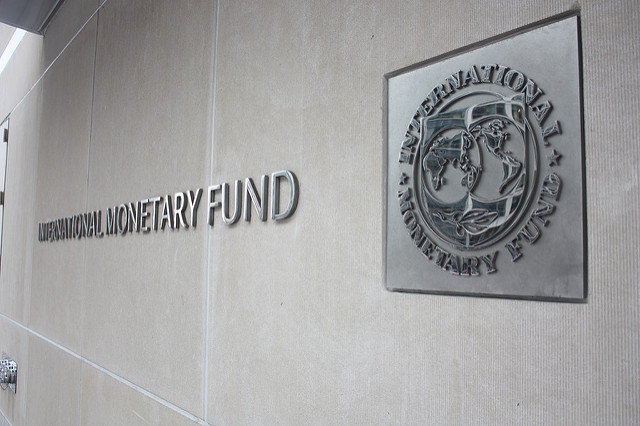Despite the country's current spat with the Trump administration over import tariff rates, China's economy continues to perform well based on the recent data from the International Monetary Fund.
According to Reuters, China's economic growth is expected to increase further before this year ends at a 6.6 percent rate.
Although a tad slower than 2017's 6.9 percent rate, IMF thinks that China should still be able to maintain its prominence as the world's second-biggest economy. Even more, so that the Xi Jinping administration keeps pumping up new economic and trade initiatives that are aimed to benefit the country's market.
"China's near-term outlook remains robust due to strong domestic momentum, recovering global trade, and significant reform progress," the international agency said.
Just this week, Beijing announced its plan to further bolster the nation's economy with a number of measures such as implementing tax cuts, increasing infrastructure spending, as well as ramping up loan grants to business.
In June, the People's Bank of China has already shelled out around USD$180 billion into the country's financial system in the form of loans. Meanwhile, the central government is shaving off tax rates - with a total amount reaching USD$10 billion, from its business sector.
Everything's looking good for the Asian powerhouse, at least as of the time being. However, the continuing tit-for-tat with the US may still pose a threat to China's economy.
According to some financial analysts, Beijing will exhaust all options to defend the growth of its economy in the face of the continuing US-China tariff war.
The conflict, which was reportedly instigated by Washington, did put a dent on China's GDP. Previous reports indicate duties slapped on Chinese export goods to the US worth USD$200 billion. A much earlier bulk of Chinese products, which are mostly for industrial use, incurred harsh levy rates.
In total, 1.7 percent of China's GDP was affected by these series of tax hits, a report from South China Morning Post said.
IMF, in the person of Sonali Jain-Chandra, however, dismisses the grim conclusions borne out of this current situation.
"It's too early to say at this point in time exactly how damaging [the tariffs] could be," the IMF deputy chief in China said.
However, if Washington continues to uphold its anti-globalization and trade protectionism policies, Jain-Chandra added that it won't be long before adverse results show up like "increased uncertainty, disruptions in supply chains, as well as increased undermining [of] consumer sentiment."






